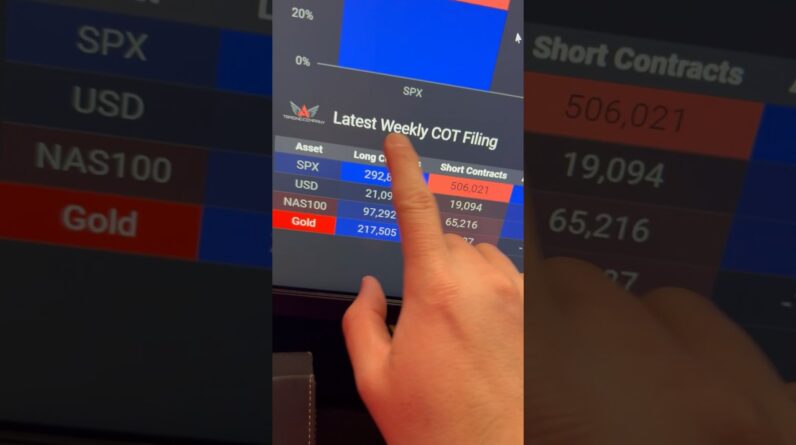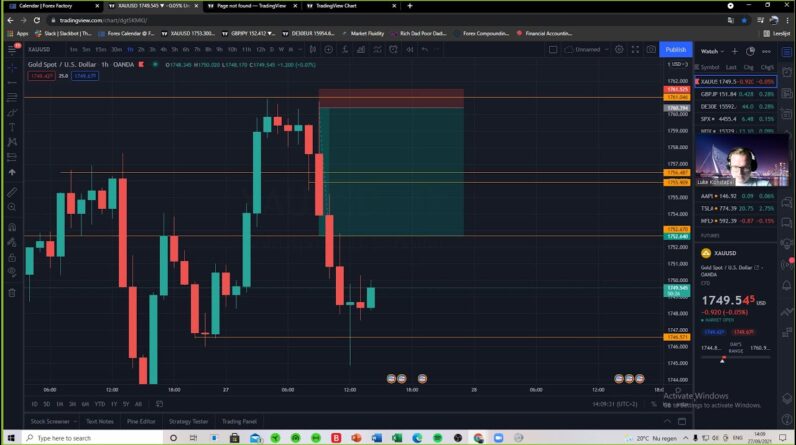- PBoC Governor Pan says China’s economy continues to gain momentum, inflation bottoming out
- Hong Kong hit by surging demand for cash: Highest Hibor rates in 23 Years
- EBC’s Lagarde and Lane are both speaking later today
- China’s Premier says willing to build closer supply chain linkages with all countries
- Bank of England’s Monetary Policy Committee (MPC) member Jonathan Haskel speaks today
- More from RBA’s Bullock – monetary policy is restrictive
- Bank of England’s Ramsden monetary policy to be restrictive for an extended period of time
- RBA Governor Bullock’s uncertainty on inflation and interest rates
- China tightens export controls on rare earths – takes effect Friday
- Beijing Stock Exchange shaken as index plummets 6%: major shareholders urged to hold
- United Kingdom detects human case of pig flu
- PBOC sets USD/ CNY central rate at 7.1132 (vs. estimate at 7.1432)
- Japan business lobby to discuss negative impact of weak yen
- PBOC is expected to set the USD/CNY reference rate at 7.1432 – Reuters estimate
- Australia October Retail sales -0.2% m/m/ (expected +0.1%)
- ECB President Lagarde signals faster end to bond purchases
- UK shop price inflation slows to its lowest in over a year
- Japan media: Groundbreaking for the end of BOJ negative interest rates has finally begun
- Citi expects S&P 500 to new heights in 2024
- Australian weekly consumer confidence 76.7 (prior 74.7)
- US economy faces a mild recession in first half of 2024 , Deutsche Bank projects Fed cuts
- Volkswagen is to slash thousands of jobs – cost cutting citing low productivity
- Forexlive Americas FX news wrap 27 Nov: US yields move lower and push the US dollar down
- OPEC+ Meeting: Deepening oil cuts on the horizon says an unnamed source
- US stock indices close modestly lower
- Trade ideas thread – Tuesday, 28 November, insightful charts, technical analysis, ideas
@page { size: 21cm 29.7cm; margin: 2cm }
p { color: #000000; line-height: 115%; text-align: left; orphans: 2; widows: 2; margin-bottom: 0.25cm; direction: ltr; background: transparent }
p.western { font-family: “Liberation Serif”, sans-serif; font-size: 12pt; so-language: en-AU }
p.cjk { font-family: “NSimSun”; font-size: 12pt; so-language: zh-CN }
p.ctl { font-family: “Lucida Sans”; font-size: 12pt; so-language: hi-IN }
a:link { color: #000080; so-language: zxx; text-decoration: underline }
The
JPY was once again a mover here during the session with USD/JPY and
broader yen crosses falling. Japanese media carried a report
expressing confidence that the end of the Bank of Japan’s negative
interest rate policy is approaching. It said that the Bank of Japan
will determine whether to end the negative short-term rate policy as
early as the first half of 2024. More on this report in the bullet
points above.
This
helped the yen gain with USD/JPY as low as just beneath 148.00. Since
then its chopped in a 20 or so point range and is circa 148.21 as I
update.
Also
of note from Japan, and also yen supportive, was news that Japan’s
top business lobby, Keidanren, will discuss the potential negative
impact of the yen’s weakness on the economy at its meeting next
month, on December 4. In the past, Keidanren has favoured a weak yen and called on the government to stave off sharp yen rises that
make Japan’s exports less competitive overseas. This shift by the lobby
group to discuss the demerits of a weak yen highlights the new
sensitivity in to the currency’s movement and its impact on the
economy.
In
Hong Kong we had Reserve Bank of Australia Governor Bullock speaking
as part of a panel on “Inflation, Financial Stability and
Employment”, along with the Bank of England Deputy Governor
Ramsden and Bank of Spain´s governor / ECB monetary policy maker de
Cos.
Bullock
made hawkish comments but did say that the RBA has now to be a little
more careful when using high interest rates to attack inflation
without lifting the unemployment rate. Central Bankers tend to be
confident that they can fine-tune monetary policy. Such confidence is
often misplaced. We’ll see how Bullock and the RBA fare. The Bank
next meet on December 5 and no change to the cash rate is expected.
The February meeting is the one following and the chance of a rate hike
will be high if the next official quarterly CPI report from
Australia, due January 31 from the Australian Bureau of Statistics,
is strong like the previous one in late October that precipitated the
RBA November rate hike.
Speaking
of central banks, People’s Bank of China Governor Pan spoke,
expressing confidence that inflation in China has bottomed out and
promised continued accommodative monetary policy to help China
achieve its economic growth goals in 2024.

This article was written by Eamonn Sheridan at www.forexlive.com.



